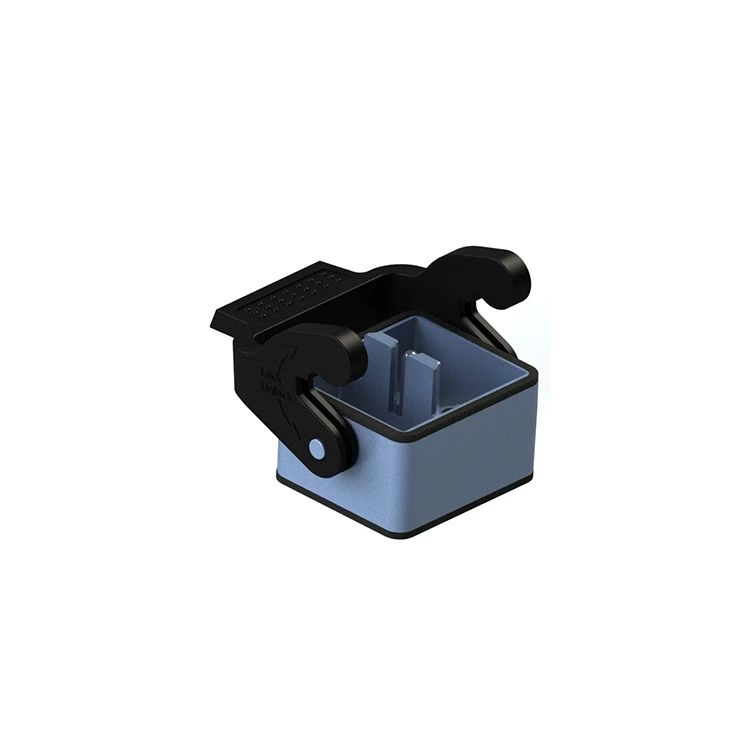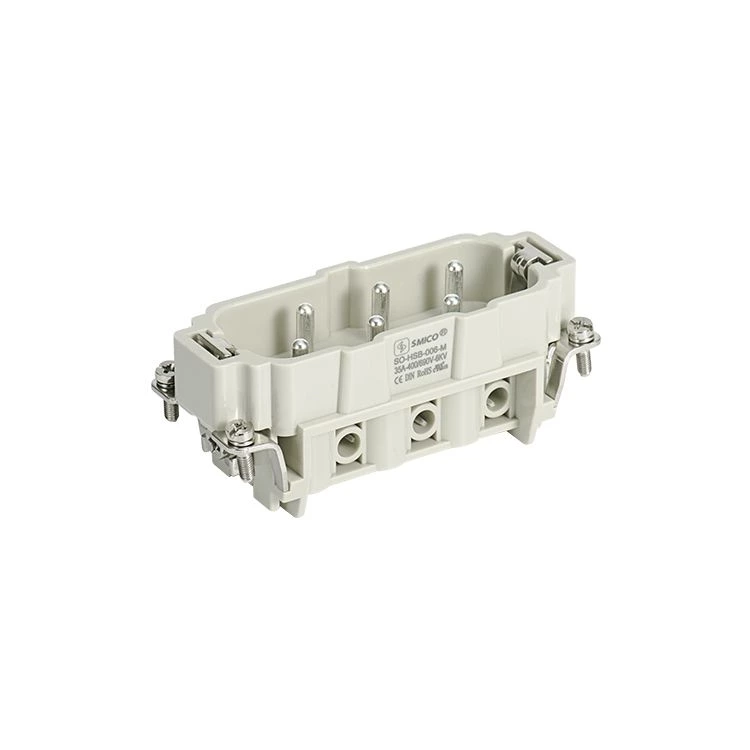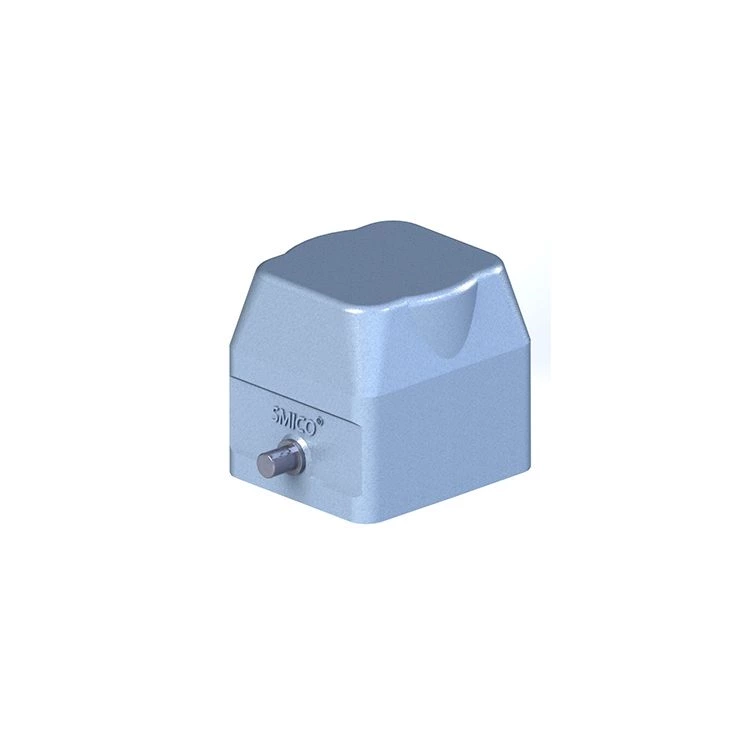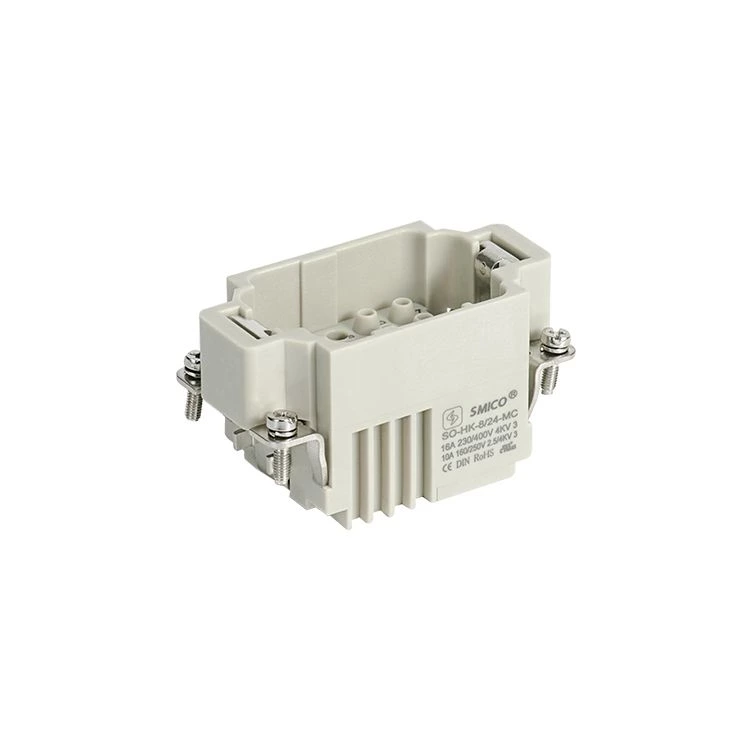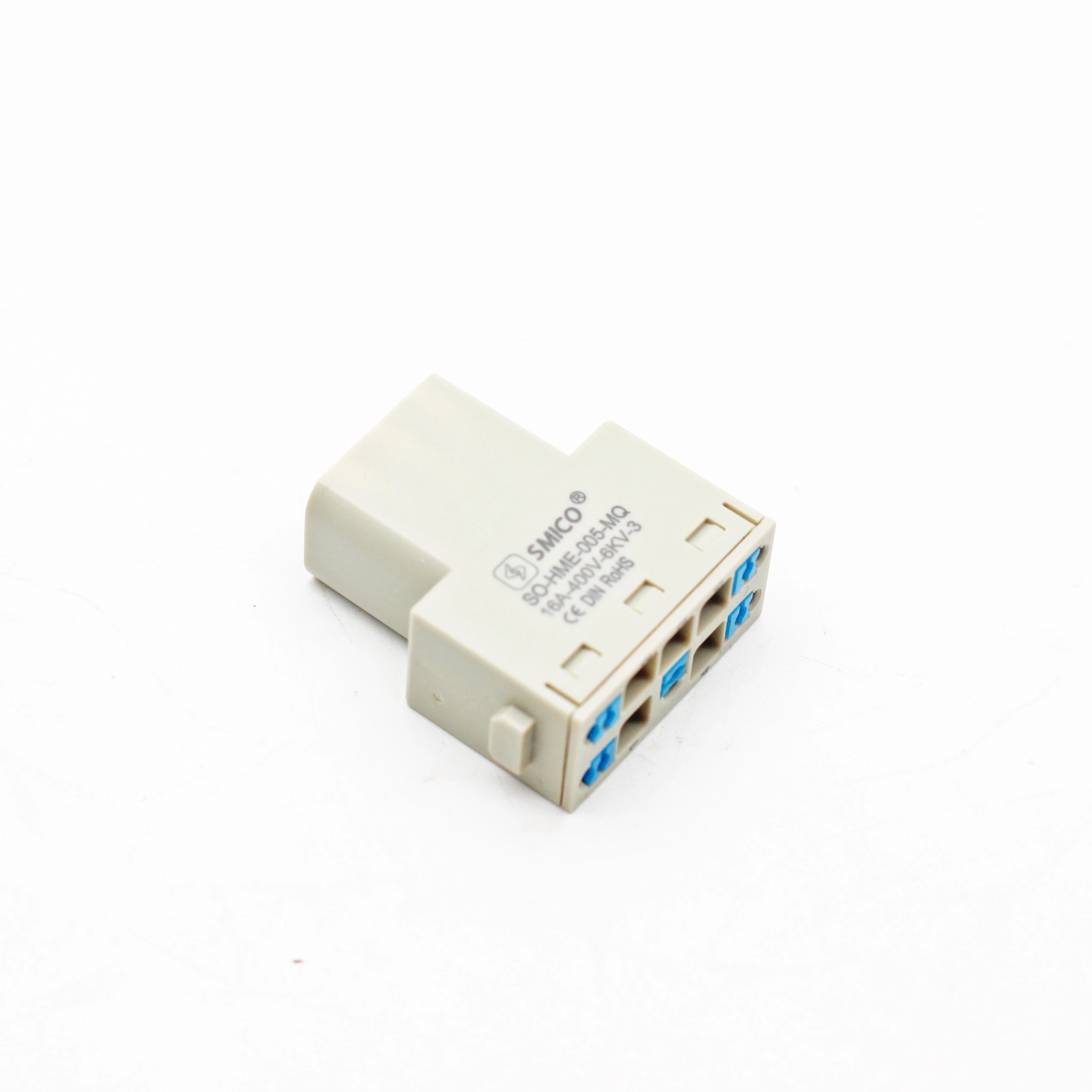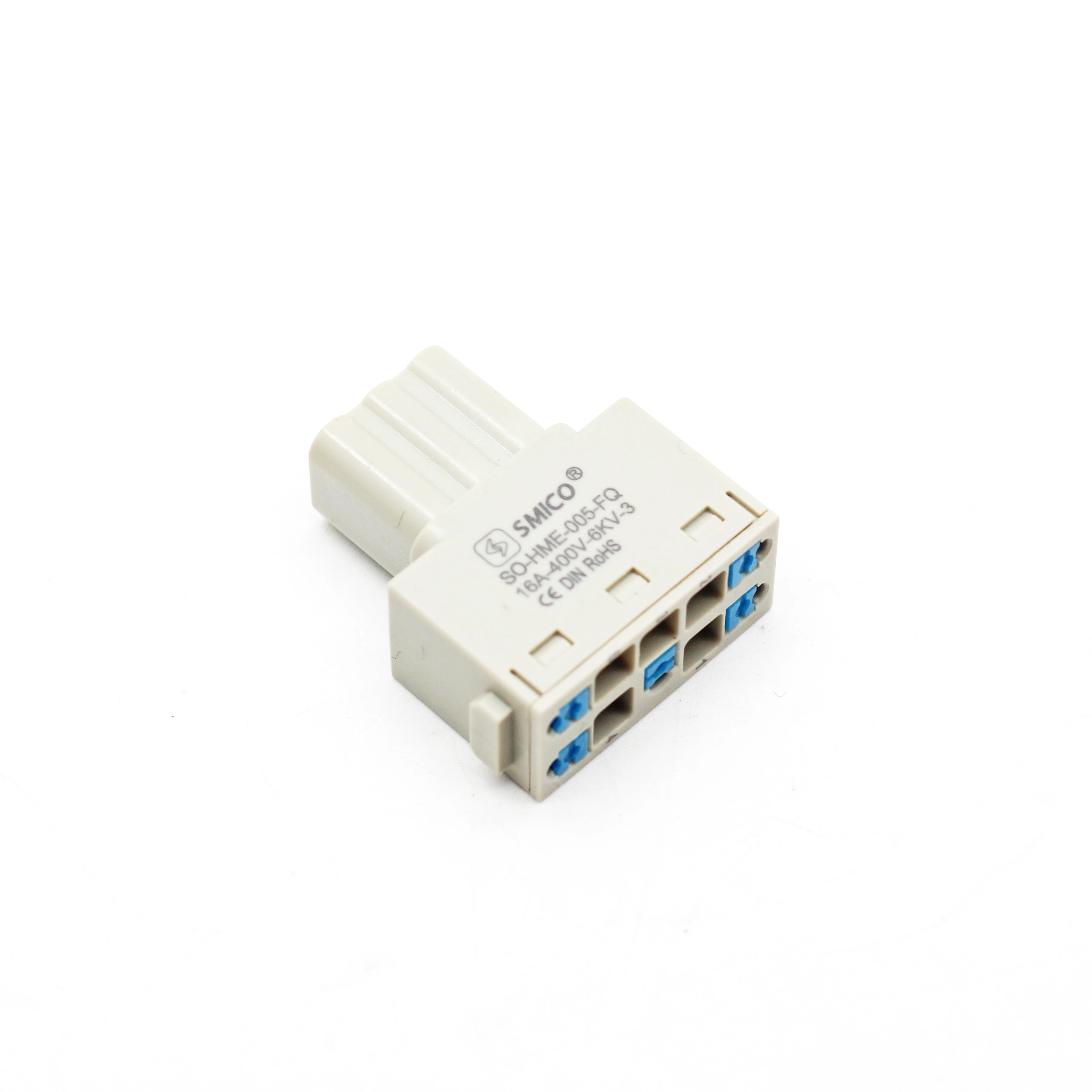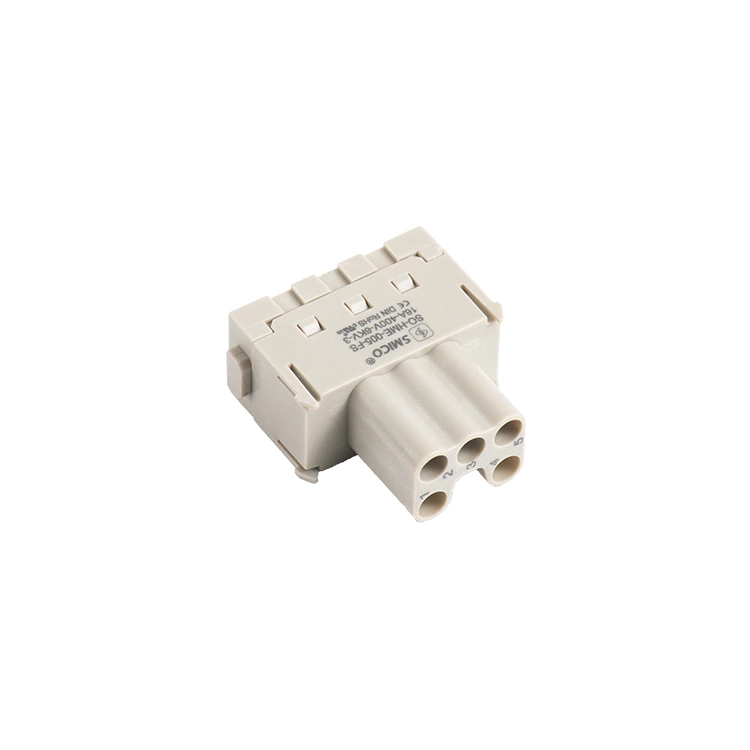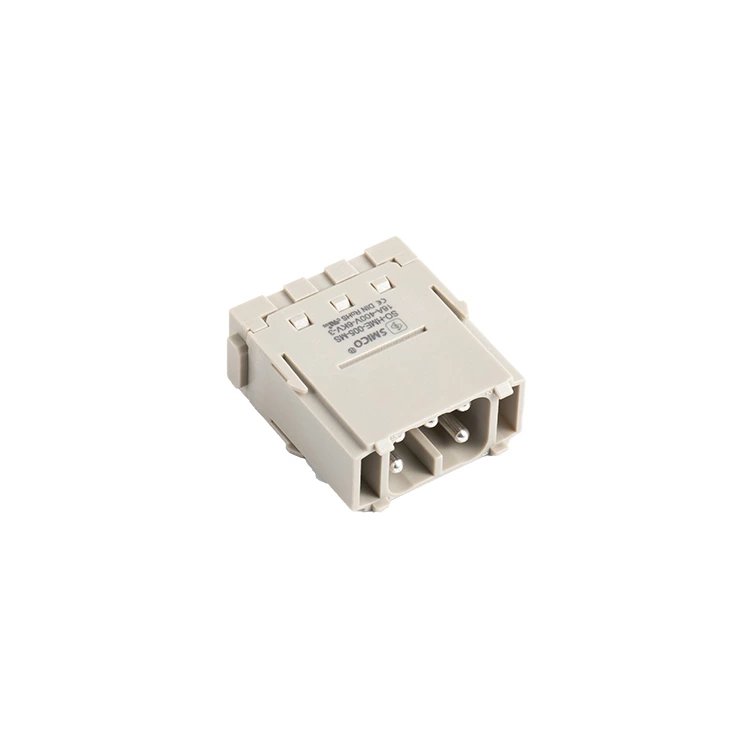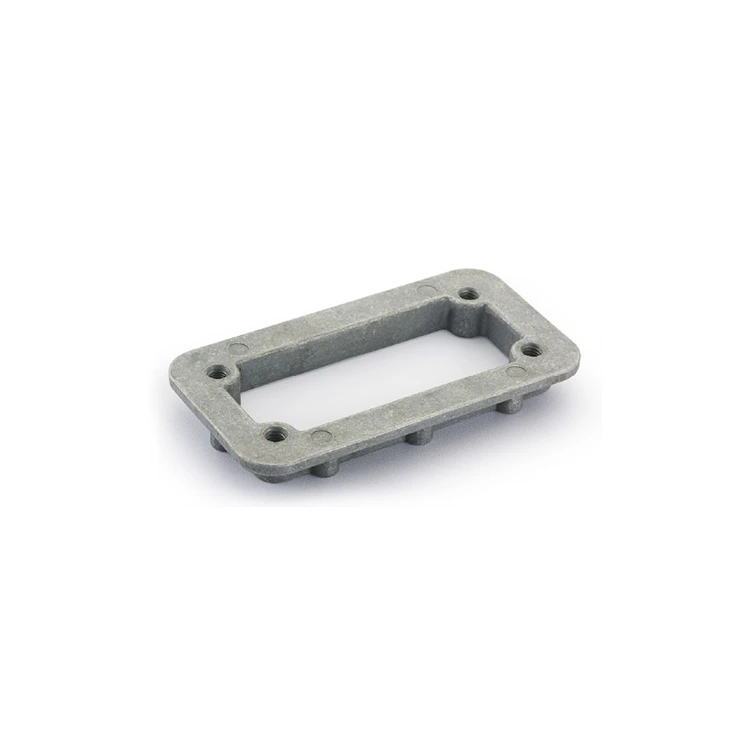Re-understanding The Significance And Importance Of Heavy-duty Connectors
In the industrial process of rapid development of informatization and electronicization, connectors play an increasingly important role because of their ability to simplify the assembly process of production equipment, improve the flexibility of design and production, and enhance the degree of the entire system. Whether it is "Made in China 2025", "Industry 4.0", or the "intelligent manufacturing" and "Industrial Internet of Things" that we often mention, what we hope to achieve is the connection between equipment and equipment, the connection between equipment and people, and the connection between people and data, and all of this requires connectors to play a huge role.
Connector requirements in the era of Industry 4.0
Although connectors are small, as industrial manufacturing develops towards automation and intelligence, connectors widely used in equipment, factory automation, power distribution and railways are also constantly changing and innovating. In order to meet the transformation and upgrading of the domestic manufacturing industry and achieve the goal of Industry 4.0, new challenges have been posed to connectors. They must not only have excellent performance and be able to be used in harsh industrial environments, but also meet the diverse needs of users for intelligent control equipment. Traditional connectors have been unable to meet the needs of this market, and this is when heavy-duty connectors are born.
Heavy-duty connectors, designed for harsh application environments
Heavy Duty Connector, specially designed to meet harsh application environments. It mainly includes three important components: insert, pin and shell. The insert and pin form an electrical module to provide electrical connection for the device, while the shell is made of metal or thermoplastic material, with a strong structure, which can provide reliable mechanical and environmental protection for the electrical connection. The waterproof and corrosion-resistant properties of the metal shell ensure that the heavy-duty connector can work in harsh environments and meet the needs of users for outdoor connections.
With connectors, don't use hard wiring anymore
When power, signals or data are transmitted to actual applications, there are usually two ways to connect, permanent hard wiring or connector connection. When comparing these two options, there are a few points to note. The first and most important point is the frequency with which the application will be disconnected/reconnected. When choosing hard wiring, each wire needs to be carefully removed and reconnected, which requires a lot of labor costs. If there is any wiring error, it may take hours to troubleshoot.
The upfront cost of using connectors is high, but once completed, the plug-and-play solution avoids misplugging and does not require specialized technicians. For many people, the long-term advantages of using connectors far exceed hard wiring.
Heavy-duty connectors meet diversified connection needs
Heavy-duty connectors adopt a modular design and continuously expand functions according to application needs. Not only does it achieve barrier-free and fast connection between modular devices, it also ensures the transmission of signals and power supply, meeting the diversified connection needs of users.
For mechanical equipment manufacturers, it can save installation time, safe and reliable connection, and reduce comprehensive production costs. For terminal users, they can freely install and operate equipment without any professional guidance, and maintenance becomes simple. Its advantages are mainly reflected in the following three aspects:
Pre-installation of a large number of complex circuits greatly improves the installation efficiency of equipment and reduces the wiring error rate.
Provide highly integrated connections and rich combinations to maximize the effective utilization of equipment space.
Conveniently and efficiently realize the modular structure of each functional template block of the equipment, so that the equipment can be conveniently and safely transported, installed, maintained and repaired.
Compared with traditional connection methods, the use of heavy-duty connectors can save 20-30% of installation costs for machining centers, while increasing production efficiency. It is mainly used in industrial automation, equipment manufacturing, industrial system buildings, information and control technology and other fields.

